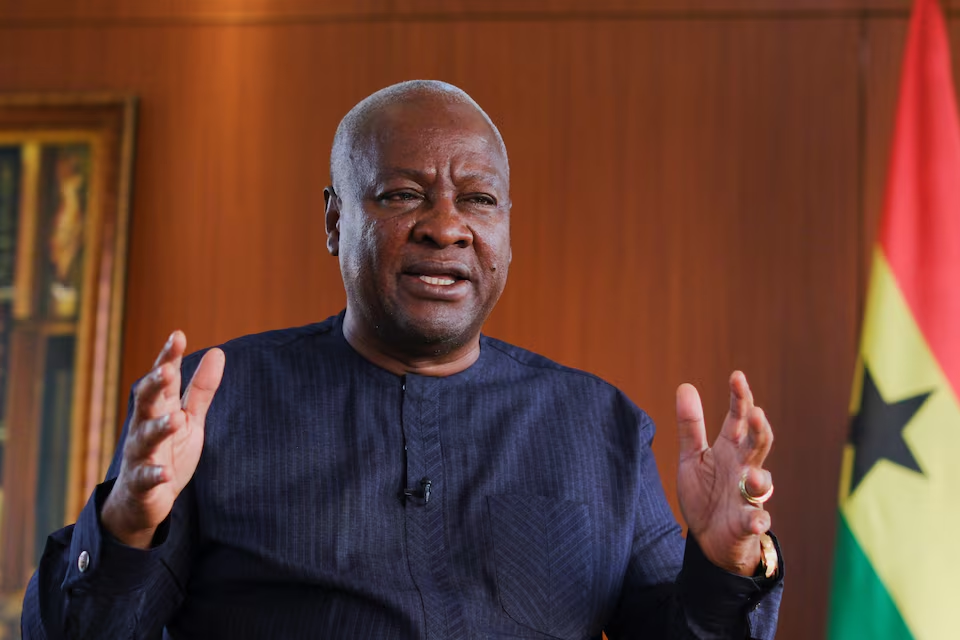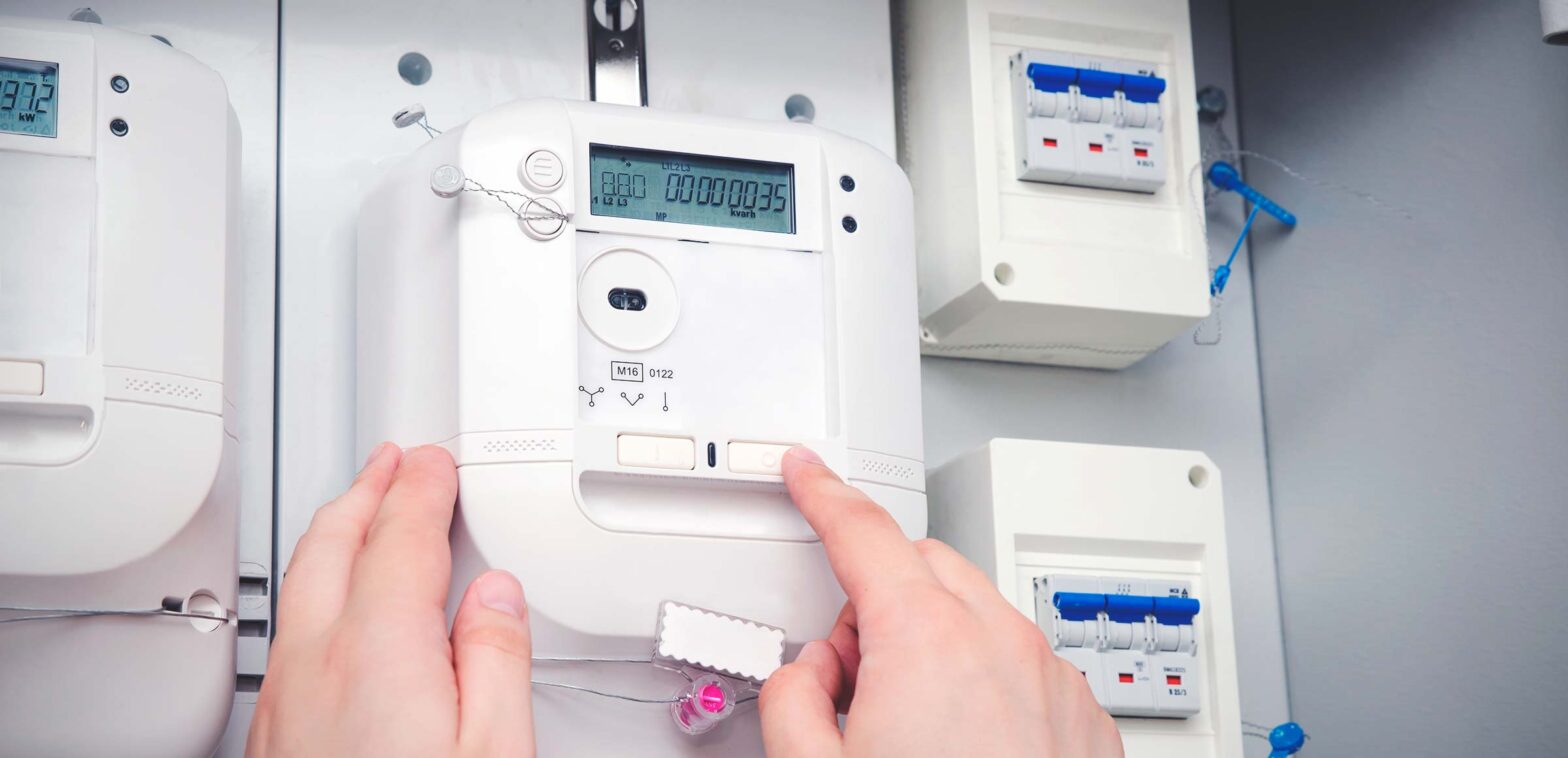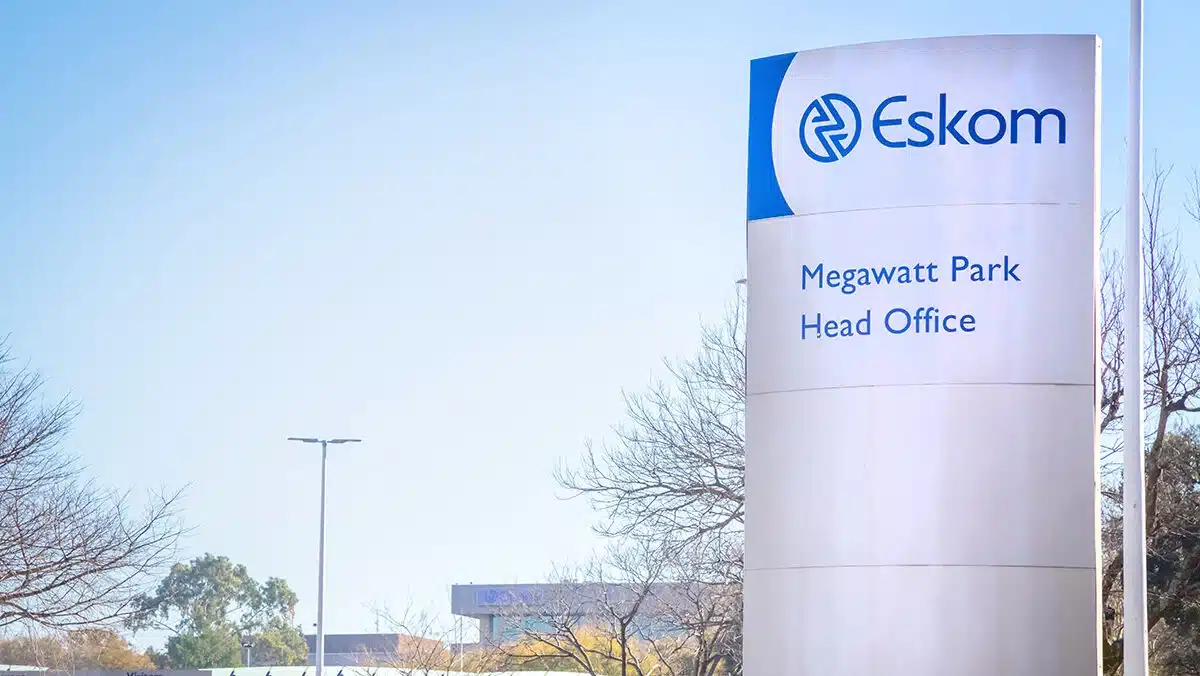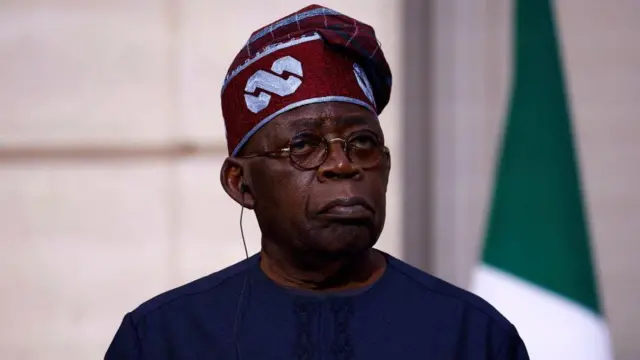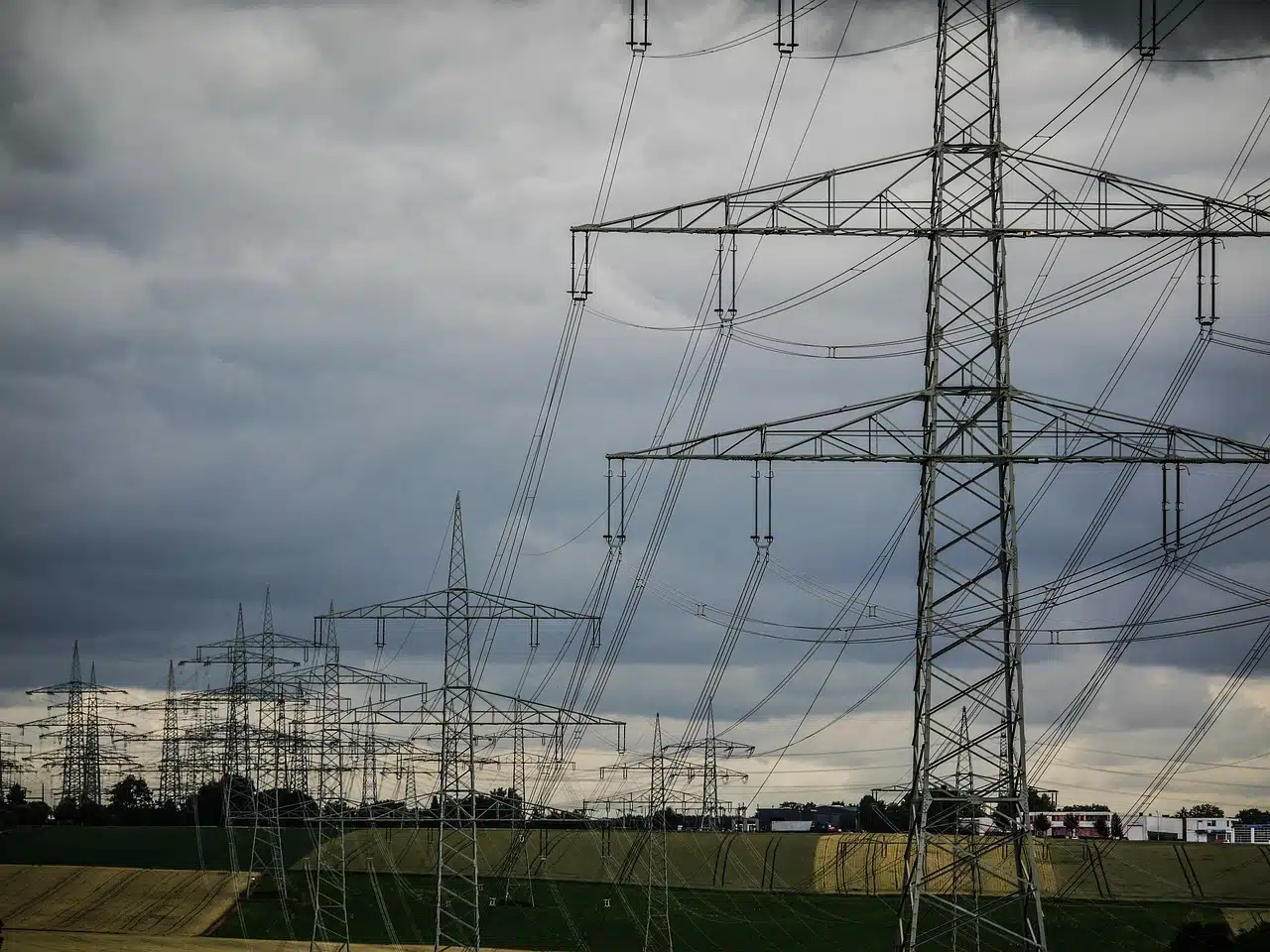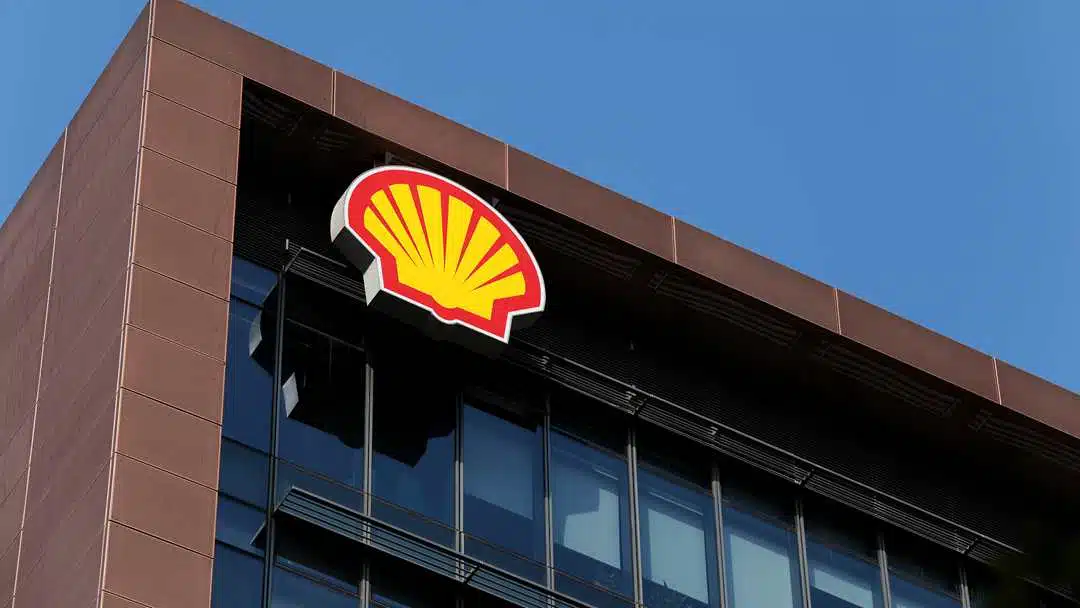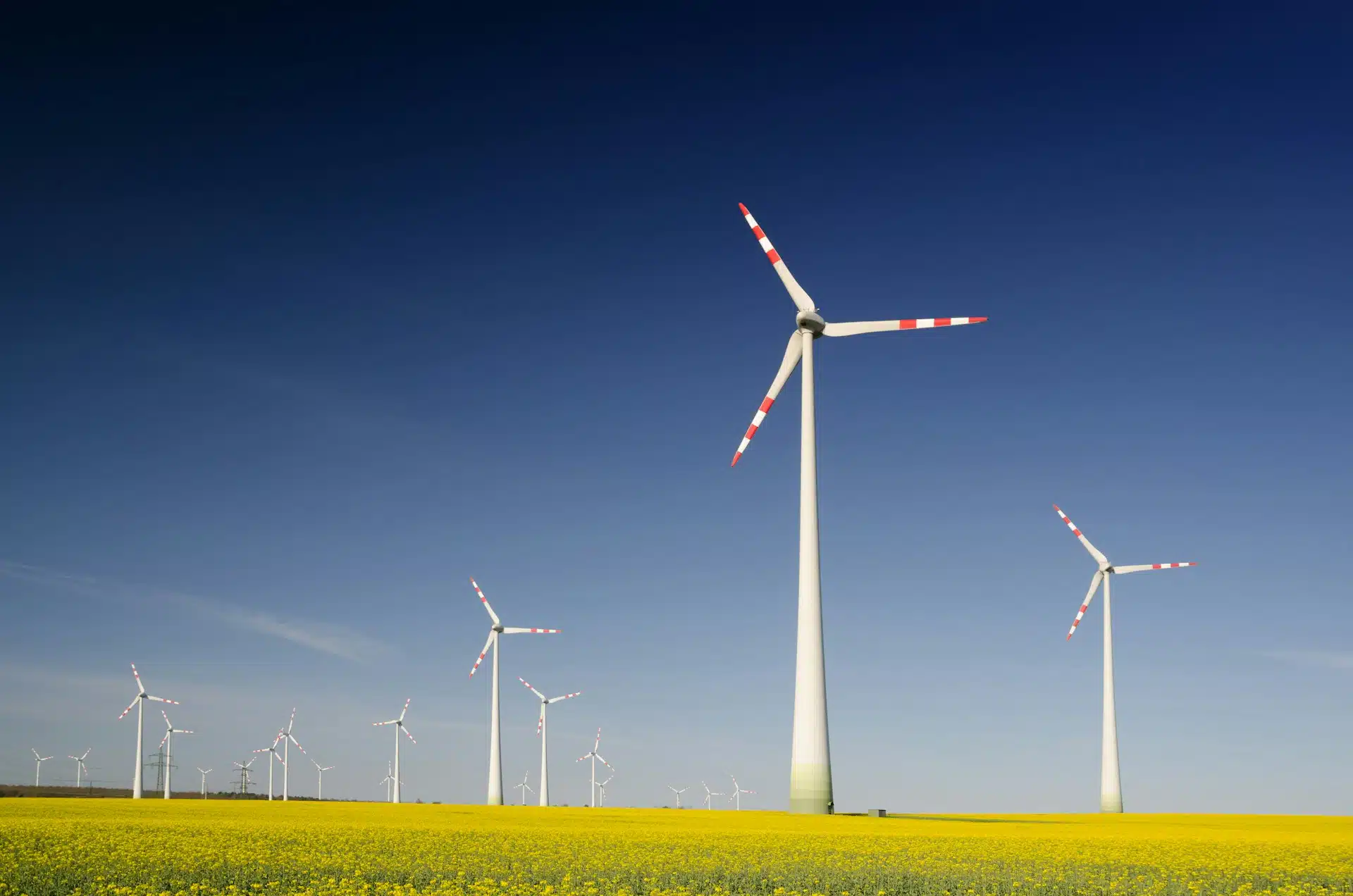Ghana and Nigeria are considering a barter arrangement in which electricity generated in Accra could be exchanged for gas supplied from Lagos, Nigeria’s economy capital.
The plan, if agreed, would create a two way flow of energy resources and deepen regional integration in West Africa.
Energy and Green Transition Minister John Jinapor disclosed the ongoing talks at the Future Energy Conference in Accra.
The event was hosted by the Africa Centre for Energy Policy (ACEP) and brought together governments, private companies, and civil society groups to discuss Africa’s energy challenges.
“We believe we can work together. Ghana takes gas from Nigeria, generates power, and re exports.
“We are in discussions to see if we can create a barter arrangement where we take their gas, convert it into power, and supply electricity back to Nigeria in the spirit of West African cooperation,” Jinapor said.
He noted that Ghana is already an active supplier of electricity within the subregion.
The country exports power to Togo, Burkina Faso, Côte d’Ivoire, and Benin through cross border transmission links managed by the West African Power Pool.
According to the minister, the proposed deal with Nigeria would build on these existing arrangements.
He said such an initiative would help ensure energy security for both countries and provide an alternative model of trade in a region where infrastructure gaps limit cash based transactions.
Nuclear energy on the table
Beyond gas and power exchanges, Jinapor added that Ghana’s nuclear energy programme remains a priority.
He explained that nuclear power is being considered as a reliable base load option to complement hydro and thermal generation in the coming years.
The nuclear agenda, according to him, would also strengthen Ghana’s position in the West African electricity market.
“Our long term vision is to provide dependable supply that can stabilise the grid across the region,” he stated.
The discussion comes at a time when West Africa is facing rising energy needs and inconsistent supply.
Many countries in the Economic Community of West African States (ECOWAS) struggle with blackouts and inadequate generation, while access to modern energy services remains low.
Nigeria is Africa’s largest producer of natural gas but has struggled to maintain stable domestic supply due to infrastructure constraints and funding shortfalls.
Ghana, on the other hand, has expanded its generation capacity over the past decade, positioning itself as a key player in cross border electricity trade.
The Future Energy Conference, where Jinapor spoke, was themed “Financing Africa’s Energy Future: Unlocking Investments for Energy Access and Economic Transformation.”
Delegates discussed how countries can pool resources and adopt innovative financing to close the continent’s energy access gap.

